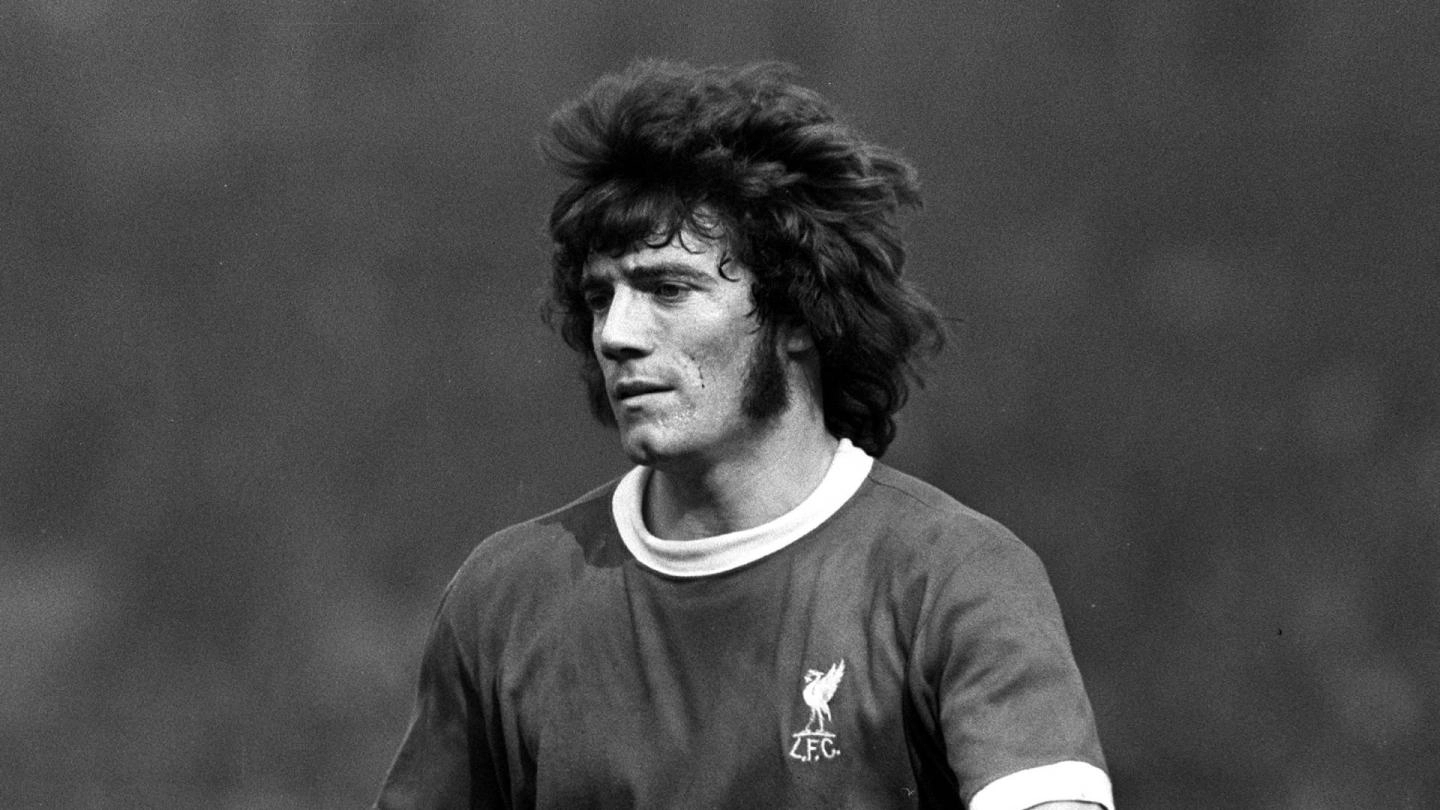FeatureBill Shankly's final season: FA Cup journey begins with a stuttering start in January
We've reached the turn of the year in our month-by-month retelling of Bill Shankly's final season as Liverpool manager.
Read on to discover how Shankly's Reds fared in January 1974 as we continue our series to mark the 50th anniversary of the Scot's conclusion to his iconic Anfield career…
Start how you mean to go on, or not in the case of Liverpool as they entered 1974.
Leicester City were hosted at Anfield on New Year's Day and a seemingly forgettable 1-1 draw was salvaged thanks to Peter Cormack's second-half equaliser.
That affair preceded the beginning of the Reds' journey in the FA Cup, which would eventually lead to Wembley glory, of course.
But Shankly's side nearly fell at the first two hurdles in the competition.
Indeed, Doncaster Rovers, a club 90 places below Liverpool in the English football pyramid at the time, were unfortunate to not leave L4 with a spot in the fourth round.
When Kevin Keegan opened the scoring after fewer than 180 seconds, the home supporters wouldn't have been out of line believing this would be a breeze for their team. Instead, it nearly turned into a remarkable cup upset.
Capitalising on errors at the back, the Division Four side went 2-1 up after 18 minutes, the goals from Peter Kitchen and 17-year-old Brendan O'Callaghan.
Keegan scored again to restore parity in the second half but Kitchen very nearly snatched victory right at the death, only to see his delicate lob rattle the woodwork and stay out.
Paul Wilcox wrote in the Guardian: "The measure of how much Liverpool were undermined can be judged in that the majority of their players were happy to boot the ball anywhere provided it was away from their goal as Rovers kept plugging away, drawing on unknown reserves of stamina."
First Division quality bore through in the replay three days later – Steve Heighway and Cormack scoring in a 2-0 win – but it was a let-off that Liverpool didn't really learn from.
Returning to league matters at the weekend, a controversial goal ended up seeing the Reds defeat Birmingham City 3-2 at home.
After a Keegan double, Phil Thompson scored what proved to be the decider by merely following the referee's instructions.
The assistant's flag had been raised in the 69th minute for offside on Alan Waddle, who was lying down injured, but David Smith deemed the striker to not be interfering with the move, so play continued. Birmingham's defenders stopped motionless and were too late to catch up.
While Liverpool's unbeaten home record was maintained, the Guardian's John Hudson noted that the side's 'old composure and arrogance are missing'.
So that proved the following matchday away at Stoke City.
The hosts were, to quote reporter Eric Todd, 'robbed' for what was deemed excessive second-half stoppage time during which Tommy Smith scored to make it 1-1 and rescue the Reds, who had fallen behind to a Geoff Hurst opener.
With their deficit to league leaders Leeds United still standing at eight points, Liverpool may have been relieved to turn their focus back towards the FA Cup again.
Lower-league opposition arrived at Anfield once more in the form of Carlisle United, who would end up achieving promotion to the top flight at the end of the season.
Carlisle didn't adopt Doncaster's approach, instead choosing to dig in, show grit and hope for the best – and it worked. They achieved a goalless draw to take the round-four tie to a replay.
The Reds bombarded the opposition's penalty box but grew more and more frustrated when the opener couldn't be found. And whenever they did have chances to break the deadlock, indecisiveness or desperate defending stood in their way.
At Brunton Park a few days later, Shankly's men were again not at their best, though progressed when Phil Boersma's 50th-minute opener was followed by a late John Toshack clincher.
It set up a date with Ipswich Town in the fifth round, with their manager Bobby Robson a keen observer in Cumbria.
Discounting the narratives surrounding Liverpool, Robson knew the formidable and ruthless winners his team would be coming up against. "People keep telling me that Liverpool are playing badly – but no-one seems to be beating them," he stressed.
It was a statement that would continue to ring true as January turned into February.
FeatureBill Shankly's final season: Champions creep closer but receive European lesson in November
FeatureBill Shankly's final season: A tough October but Anfield remains a fortress
ReviewBill Shankly's final season: Struggles on the road for Liverpool in September
ReviewBill Shankly's final season: The champions begin with a mixed August
